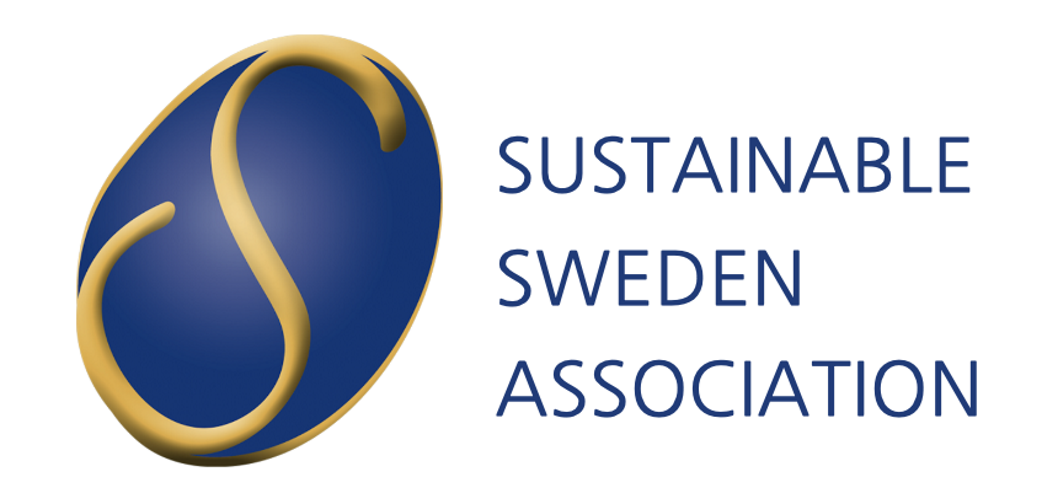The city of Machakos, in Kenya, has been put in contact with the Swedish Eco-municipality movement through Ira Sundberg. As the city leaders were interested by the Eco-municipality 5.0 concept, Machakos was paired in 2007 with Robertfors, a Swedish eco-municipality of about 7,000 inhabitants engaged in a program for sustainability since 2001.
Machakos is a regional center of about 160 000 inhabitants and the ancestral home of the Kambas, the 4th largest of 42 ethnic groups in Kenya. The British colonization of the country in the 19th century destroyed the social structure and community that existed in the villages, and was accompanied by the expropriation of the farmers and the over-exploitation of the natural resources, including forests and water. The independence of 1963 didn’t provoked a big change in the economic, political and social structure inherited from the colonization. However, the new constitution of 2010 took a step further from colonial heritage, in particular with the drawing of new counties based of the geography of the ethnic groups, and strengthened the rights of women and minorities.
When the partnership with Robersfors started in 2007, Kenya was a fresh democracy – the country was indeed a dictatorship until the 1990’s. The partnership began with ‘process-leader training’ sessions held in both towns to familiarise participants with how to actually shape an Eco-Municipality. The members of Sustainable Sweden and the others Swedish actors participating in the project considered education about planning as one of the major issue, as Kenyan people, living on a very fertile land, never really had to plan on the long-term by the past.
But with the climate change, Kenya must now tackle major issues for its fate, starting with the issue of water. Not only a lot of natural water reservoirs disappeared during the colonization, but the dry seasons last longer and longer over the years while the snow on the Kilimanjaro has now almost disappeared due to global warming and deforestation.
However, what the Swedish members of the project discovered during their tours in Kenya is that the knowledge and good examples and initiatives already existed in the country, but had to be disseminated. On the issue of water for example, a farmer visited during one of the tours had erected a simple dam system that made him survive even the worst dry period. A lot of amazing initiatives were also led among the business sector. Yet, as the municipalities have weaker position than in Sweden, local businesses play an even more important role for sustainability in the community.
Machakos was also surprising by its amount of optimistic fire souls, willing to make their community a model in sustainable development. And indeed, this pilot-municipality became a model for others communities in Kenya interested in following the same tracks. This interest was expressed during the conference organized by Machakos and Robertsfors with the Association of Local Government Authorities of Kenya (ALGAK) and Sida in April 2011, which gathered a hundred participants.
The partnership between Robertsfors and Manchakos continued in three projects : one regarded the sustainable development plan, one developed a local capacity center, and the last one developed concrete examples of good practise. This included a tree-planting program, which has already seen 100 000 trees planted, and an experimental organic farm to engage residents in ‘urban agriculture’ by using kitchen waste as compost for vegetable growing.

